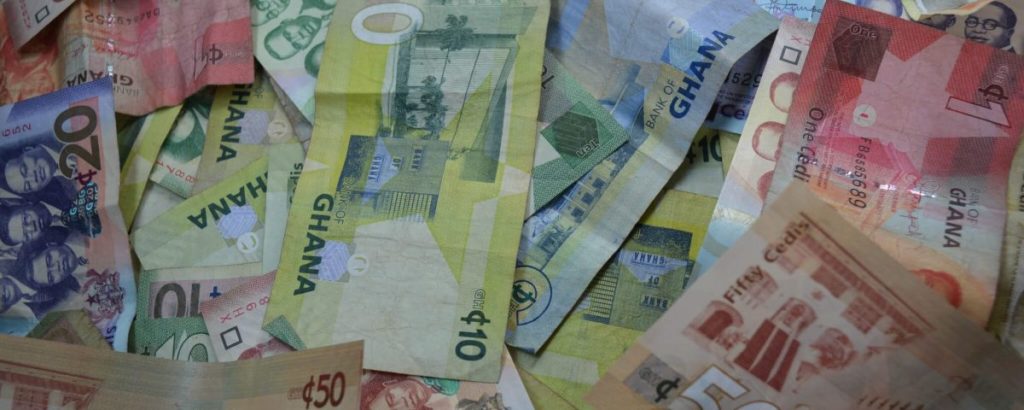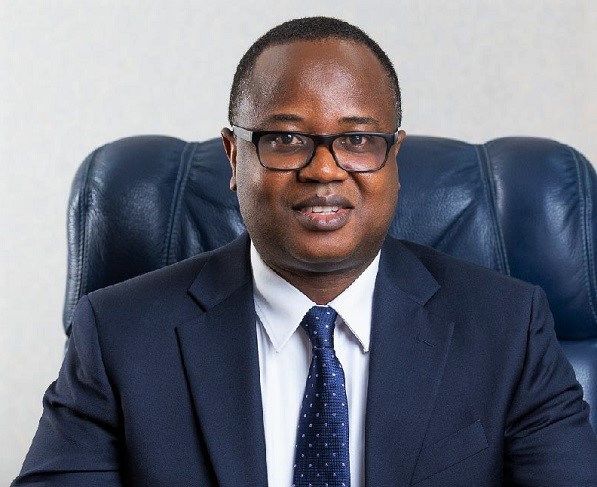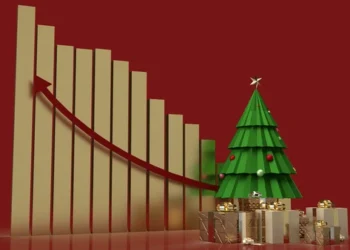The Ghana cedi remains virtually stable, according to Dr. Maxwell Opoku-Afari, the First Deputy Governor of the Bank of Ghana, in an interview released on Monday, October 12, 2020, by the Bank of Ghana.
According to the First Deputy Governor, the Ghana cedi appreciated in the first 3-4 months of this year compared to other years in the past. Also, the 2.9 percent depreciation recorded in the third quarter has been the best in terms of currency developments since 2006, implying that the cedi has maintained its stability in recent years.
“In the first three-four months of the year, we actually saw an appreciation of the currency whereas in other similar months in the comparable years back, we saw significant depreciation in the currency. Going forward, we’ve seen that the currency has gradually remained virtually stable”
“The cumulative depreciation of the cedi to the dollar was 2.9 percent”.
“That’s what we’ve had the best in terms of currency development since 2006”.
Dr. Maxwell Opoku-Afari added that Ghana has enough gross international reserve accumulation, which stood at US$8.4 billion by the end of 2019, giving the economy a strong foundation at the beginning of 2020. He also said cocoa inflows would shore up the gross reserves in the coming months.
“We actually entered 2020 with a very solid foundation in terms of gross international reserves accumulation. We ended 2019 with about 8.4 billion US dollars in terms of the gross reserve, which was about 4.2 months of import cover, and that’s the highest we’ve ever had. So, we came in at that point, which shows that we have enough cushion to be able to withstand any such external vulnerabilities”.
In the interview, the First Deputy Governor added that other reforms, such as the introduction of the Forward Auction Market by the Bank of Ghana reduce pressure on the spot market to improve the stability of the cedi. More so, the US$3 billion Eurobond and US$1 million from the International Monetary Fund also added to the gross reserves.
“There have also been other reforms that have been introduced by the central bank which we did not see in the past. One of such reforms is the introduction of the Forward Auction Market which was introduced in the last two months of 2019, but it gained full operational impact in the first quarter of 2020 and what that does is that people are able to now buy FX ahead so if you need foreign exchange in a months’ time you can buy FX today and get it in 30 days’ time. What that has done is that it has removed or eased the pressure on the spot market, which means that the pressure that is on the spot market, that determines the spot rate which we call [the] exchange rate has been eased somehow because people have bought ahead and they have been guaranteed…”.
“We happen to go to the Eurobond market just before the pandemic hit and got in 3 billion US dollars to also come to add to the gross international reserves that have been built up. In addition to that, when the pandemic hit, Ghana accessed 1 billion US dollars from the IMF as part of the rapid credit facility to address the COVID”

“So, when you put all these together, it positions the central bank to be able to have enough reserves to be able to position the cedi going forward”.
Concluding on the topical issue, Dr. Maxwell Opoku-Afari highlighted that “Ghana faced significant external vulnerabilities from non-resident participants in our domestic markets. At the end of 2017 non-residents accounted for about 34.8 percent of total domestic debts. Over time we’ve been able to reduce that vulnerability. The reason why it’s a vulnerability is that when they decide to move out then it impacts the currency. As we speak now non- residents account for 19.8 percent of total domestic debts”.
This represents a decrease of about 15 percent of the total domestic debts. The First Deputy Governor indicated that the banks and local investors closed the gap because the reforms from the financial sector clean up equipped them to be more resilient.
“The reforms we introduce to clean up the banking sector [have] well-positioned them. They’ve become well-capitalized. We increased the minimum requirement to [400 million Ghana cedis], so you see we beginning to see the gains and benefit from the reforms that we introduced, and that’s what has helped us to minimize the vulnerabilities, and that we can say that we will be able to have some stability throughout the end of the year, which is different from what we’ve seen in other years especially election years”.





















